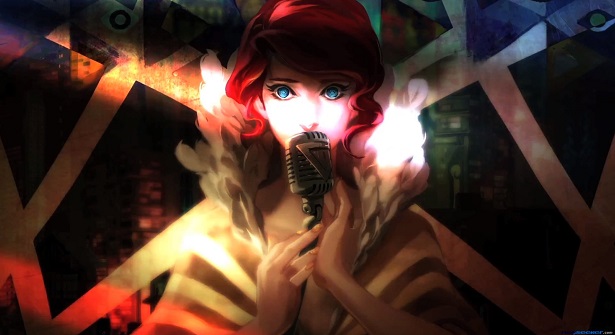In case you haven’t figured it out, I have a thing for video games and I have for as long as I can remember. Going all of the way back to handheld blips on a virtual (though painted on) football field that I fought over with my cousins. And now, three decades later I still have a thing for video games. Adventure games, role-playing games, platformers, mixed genre games, you name it. I like good games and some not so good games, and usually for very different reasons.
It is this irrational love of video games that drives the work that I do, both the scholarly research and the work that I do here at Not Your Mama’s Gamer. One thing that I tell all of the graduate students that come to talk to me when they are choosing a dissertation topic is that they have to choose a topic that they love and enough to hate and still get it done. That love-hate relationship is exactly what I have with video games.
I see value in all kinds of games, even sexist, racist, and misogynistic ones. It’s these games that often most rhetorically fruitful. And therein lies the difference between what most academic games studies folks and games reviewers/journalists do. I like to think that what I write here at NYMG is a combination of the two (and even leads to some weird first response posts/play-in-progress posts like my last one on Assassin’s Creed III, something that you would never see on a game review site) and that in combining the two I am aiming for an audience that reaches out from the metaphorical ivory tower and into the communities of gamers and games industry folks. This is a conversation that needs to be initiated and maintained. And so we write. From lots of different perspectives.
We, here at NYMG, write about lots of different things like gameplay, feminism, and race just to name a few. But we don’t write just about games or gaming in a vacuum. We write about games in a very different way. My focus is more often than not on games and identity politics. I don’t write just about gender identity in games. I write about gender identity in history/society/theory and then connect that all back to video games (or I like to think that I do). So why do I do that? Why not stick to the more traditional academic route and leave the video games out? It would be easy to say its because I like games and I want to have an excuse to play them, but that wouldn’t be completely true. I think that video games are a great lens through which to view things like education, pedagogy, feminism, minority rhetorics, you name it because games as texts are now being consumed by Americans at an ever increasing rate (the number of people who admit to playing games at least 1 hour a month has tripled to 135 million people over the last 4 years), video games are making it on to the cover of novels, and video game revenue is exceeding revue earned by major motion pictures. In short, people are playing games and that gameplay is much more interactive (and because of that some –myself included– would say more immersive) than reading novels or watching films. So I use this post not to apologize for the content that I have created thus far, but rather to offer you a heads up that there is more to come. Game on, my friends!




